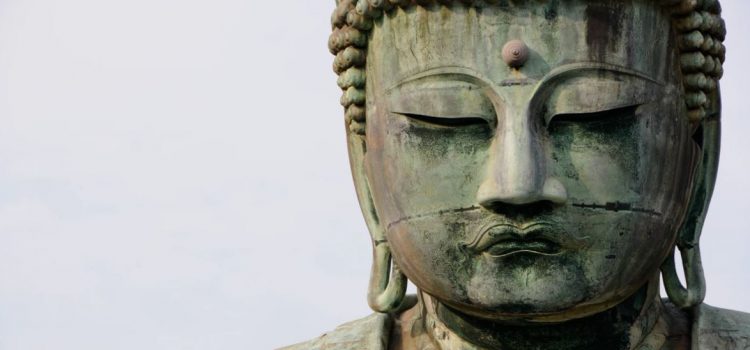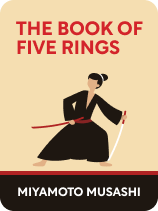

This article is an excerpt from the Shortform book guide to "The Book of Five Rings" by Miyamoto Musashi. Shortform has the world's best summaries and analyses of books you should be reading.
Like this article? Sign up for a free trial here .
What does Miyamoto Musashi mean by the “Void”? How can a samurai warrior discover the Void?
The Book of Five Rings, written by legendary samurai Miyamoto Musashi, is split into five different chapters. The final chapter is called The Book of the Void where Musashi teaches how to reach the “Void”—a state of spiritual enlightenment.
Here’s how to access the Void, according to Musashi.
Achieving Perfect Harmony
The final book, the Book of the Void, is the briefest and most abstract in The Book of Five Rings, and it is best treated as a sort of addendum to the first four books. Musashi suggests that the “Void” is a state of spiritual enlightenment, in which you find the virtue and wisdom that make up the true Way of the warrior. To discover the Void and access it at will during combat, you must do two things:
- Seek knowledge of all things. It is only through deep knowledge that you can learn to distinguish between being and nothingness, virtue and vice, and the true from the false. You must therefore be a perpetual student, always seeking to broaden and deepen your understanding on all matters.
- Train and put the principles into practice every day. As Musashi has repeatedly stressed throughout the prior four books, anyone wishing to be a successful warrior must train constantly. In the Book of the Void, Musashi says that you must train your heart, your mind, and your powers of perception to achieve a calm spirit.
| Zen Buddhism and “the Void” In speaking of “the Void” and its importance for the warrior, Musashi draws upon a key concept in Zen Buddhism known as “sunyata.” Sunyata is the state in which your sense of self becomes immersed in the five skandhas, or elements, of existence: Form. Material matter, including natural elements and the five senses of taste, sight, sound, touch, and smell. Sensation. The feelings of pleasure or pain induced in you as a reaction to different types of material matter and circumstances. Perception. The thinking process, in which you recognize and process the objects and circumstances around you. Mental Formations. The thoughts that lead you to behave in a good way or in a bad way, affecting your karma in the process. Buddhism teaches that thought and action are always directly linked. Consciousness. Awareness, which allows us to experience the other four skandhas above. Achieving sunyata leads to mental and physical harmony through the abandonment of an egotistical, individualistic notion of “self.” Instead, the warrior who achieves sunyata understands the nature and ephemerality of the skandhas, and can exist harmoniously amongst them without clinging to his former notion of “self.” |

———End of Preview———
Like what you just read? Read the rest of the world's best book summary and analysis of Miyamoto Musashi's "The Book of Five Rings" at Shortform .
Here's what you'll find in our full The Book of Five Rings summary :
- Insights from the famous Samurai Miyamoto Musashi about the Way of the Warrior
- How to apply Musashi’s teachings to your personal and professional lives
- Why success is not based on brute strength or innate talent






